
Vitex agnuscastus (Chasteberry, Chastetree, Chaste Tree, Lilac chastetree, Monk's Pepper, Texas
The objectives are as follows: To determine the effectiveness of Vitex agnus castus for the treatment of PMS symptoms. We wish to examine the following: (1) The effect of Vitex agnus castus on combined symptoms or global scores associated with PMS versus placebo.

Photo 56248 Vitex agnuscastus plant lust
Chaste tree (Vitex agnus-castus) is a deciduous shrub that bears clusters of purple flowers in the summer.Also known simply as vitex, the leaves of this plant are reminiscent of the marijuana plant (Cannabis sativa), with five leaflets in a palm-shaped arrangement.The leaves have a fragrance similar to that of the herb sage.

Vitex agnuscastus latifolia Plant Trees and Shrubs Flowers Garden Dobies
Vitex agnus-castus, also referred to as chasteberry, Monk's Pepper or vitex, is an herbal remedy for endocrine or hormonal conditions, such as menopause, premenstrual syndrome (PMS) and.

Vitex agnuscastus (Chasteberry, Chastetree, Chaste Tree, Lilac chastetree, Monk's Pepper, Texas
Chastetree ( Vitex agnus-castu s) may be grown as a large shrub or small tree. Chastetree ( Vitex agnus-castus) is a deciduous (loses its leaves in the fall), multi-trunked shrub or small tree native to southern Europe and western Asia. It is an excellent selection for southern landscapes in USDA zones 7 to 9 but will have cold damage or be.

Vitex agnuscastus Landscape Plants Oregon State University
Vitex ( Vitex agnus-castus) is a plant used in herbal medicine. Also known as chaste tree or chasteberry, it's often used to remedy women's health problems. Vitex supplements typically contain extracts of the fruit and/or seed of the plant.

50 Sementes Erva Medicinal Vitex Agnuscastus P/ Mudas R 49,99 em Mercado Livre
Vitex agnus-castus is a popular herbal supplement used to treat a variety of health problems. It's most commonly used to treat: premenstrual syndrome (PMS) menstrual disorders infertility acne.

Vitex agnuscastus Bessey Greenhouse (Richard W. Pohl Conservatory)
Description Close up of flowers with carpenter bee (Xylocopa sp.) Vitex agnus-castus is widely cultivated in warm, temperate, and subtropical regions for its delicately textured, aromatic foliage and butterfly -attracting midsummer spikes of lavender flowers opening in late summer in cooler climates. [7] It grows to a height of 1-5 m (3-16 ft).

Vitex agnuscastus f. latifolia Monnikspeper De Tuinen van Appeltern
Vitex / ˈvaɪtɛks / [3] is a genus of flowering plants in the sage family Lamiaceae. It has about 250 species. [4] [5] Common names include chaste tree or chastetree, traditionally referring to V. agnus-castus, but often applied to other species, as well.

Vitex agnuscastus Monnikenpeper De Tuinen van Appeltern
Vitex agnus castus is a western herbal medicine, traditionally used to normalize heavy, absent or irregular periods and premenstrual syndrome promoting good every day health. Suitable For: Adults only or as professionally prescribed Boxed Contents: 40 Tablets Size: 40 Tablets KEY FEATURES • Traditionally used in Western Herbal medicine
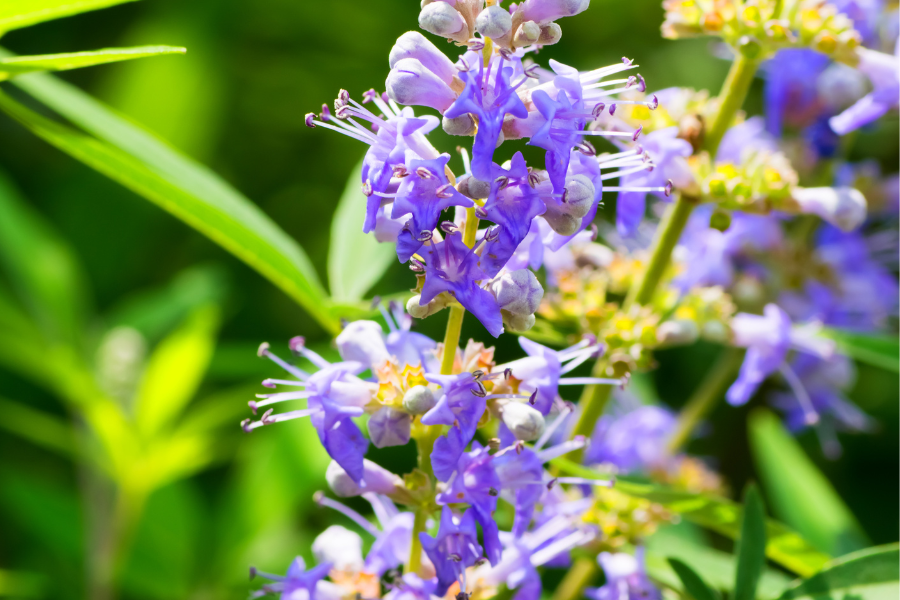
Vitex Agnus Castus Benefits Landys Chemist
Overview Vitex agnus-castus, or "chaste tree," is a shrub native to the Mediterranean and Asia. The fruit has been historically used for reducing sexual desire. Vitex agnus-castus fruit and.
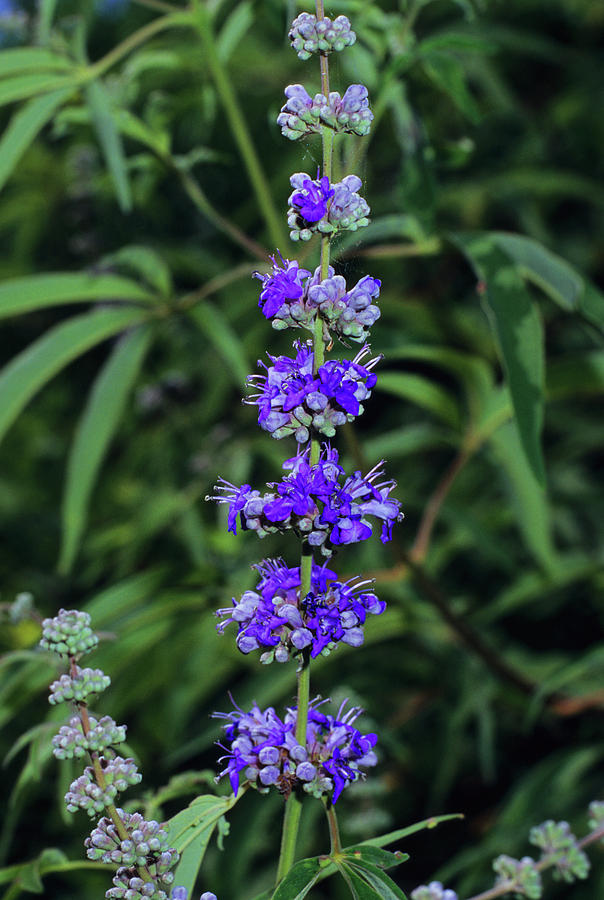
Agnus Castus (vitex Agnuscastus) Photograph by Bruno Petriglia/science Photo Library Fine Art
Vitex agnus-castus is a herb, also known as Chaste Tree, Chasteberry and Monk's Pepper. It is mostly marketed for menstrual disorders, including symptoms of premenstrual syndrome and/or menopause, as well as for acne. Vitex agnus-castus is permitted for use in listed medicines in Australia.
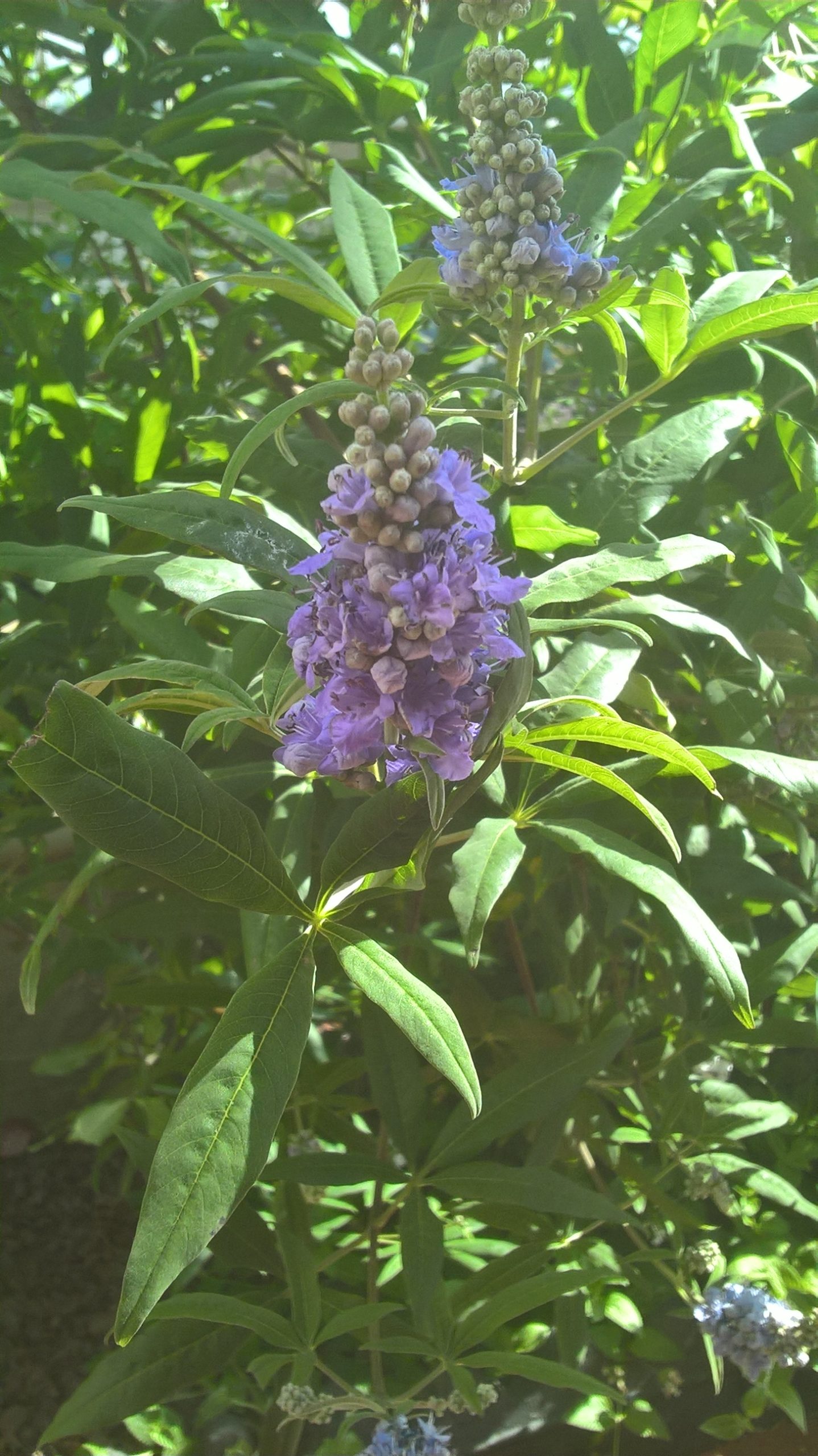
Vitex Agnuscastus Birmingham Botanical Gardens
Agnus castus is a shrub that grows in Mediterranean countries and central Asia. The plant has been used for centuries to tackle female gynaecological issues and is still taken as a traditional herbal medicine to help relieve symptoms of premenstrual syndrome (PMS), such as irritability, mood swings, headaches, bloating and breast tenderness. 1

Vitex agnus castus Latifolia Gattilier à grandes feuilles aromatique
Vitex agnus-castus, commonly called chaste tree, is typically grown in warm winter climates as a vase-shaped, deciduous shrub (to 10-15' tall) or trained as a single trunk tree to 20' tall. In cold winter areas in USDA Zones 5-6, it is more often grown as a 3-5' tall herbaceous perennial.
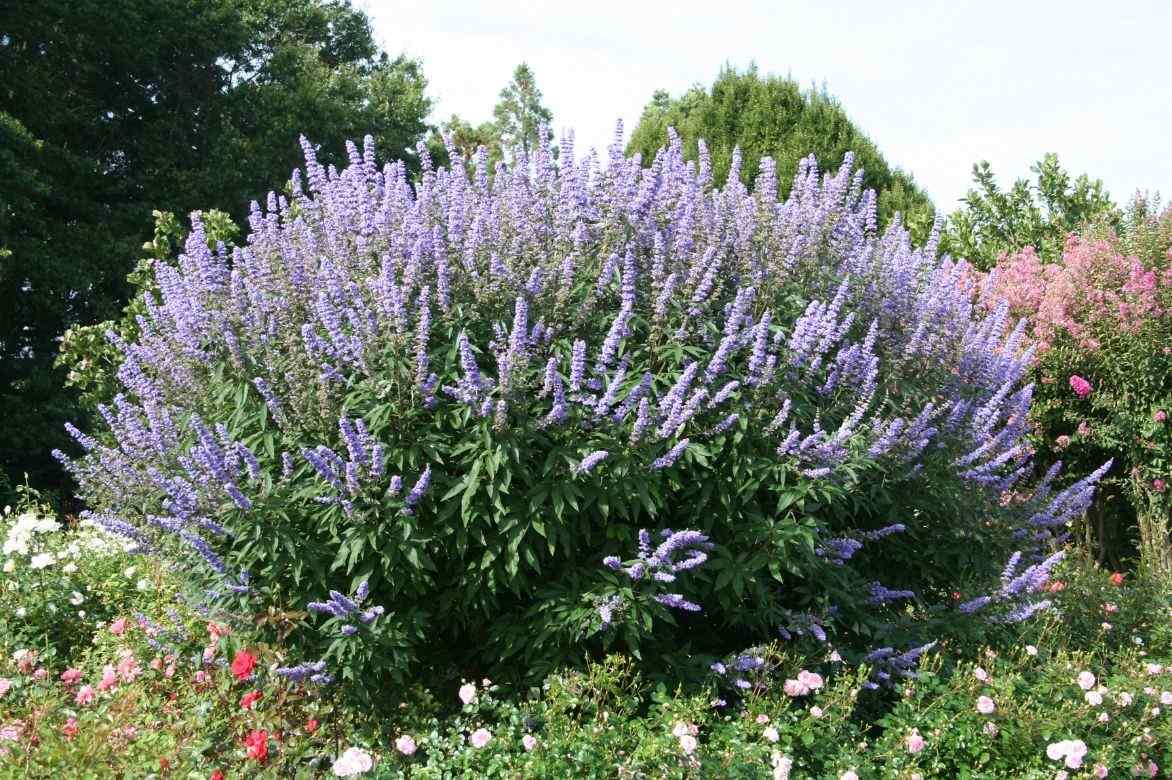
Vitex agnuscastus, Gattilier planter, cultiver, tailler
Latin Names: Vitex agnus-castus Background The chasteberry plant, also called chaste tree, is native to the Mediterranean region and Asia. The name "chasteberry" may reflect the traditional belief that the plant promoted chastity. Monks in the Middle Ages reportedly used it to decrease sexual desire.
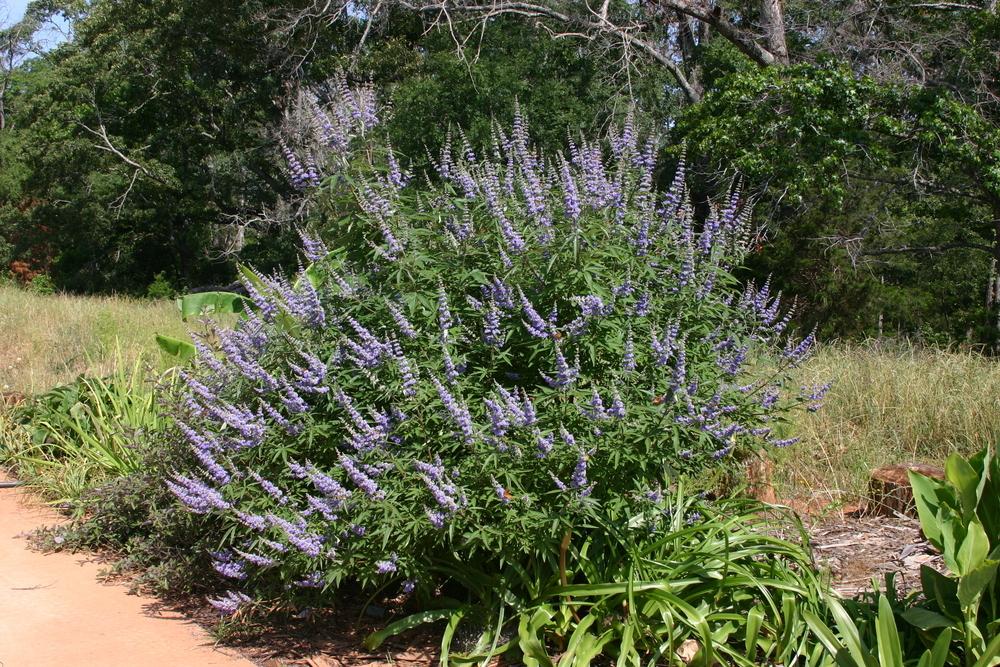
Photo of the entire plant of Vitex (Vitex agnuscastus 'Shoal Creek') posted by dave
Vitex agnus-castus is about as effective as the prescription drug fluoxetine ( Prozac) for relieving symptoms of PMDD. However, vitex agnus-castus seems to be somewhat more effective for physical symptoms such as breast tenderness, swelling, cramps, and food cravings.

Vitex agnuscastus (Chastetree, Chaste Tree) North Carolina Extension Gardener Plant Toolbox
What Are Chaste Trees? V. agnus-castus originates from southern Europe and western Asia, and has since naturalized throughout Europe and the southern United States. Hardy in USDA Zones 6 to 9, the chaste tree is a member of the Lamiaceae family of mint plants, and is known by many different names.